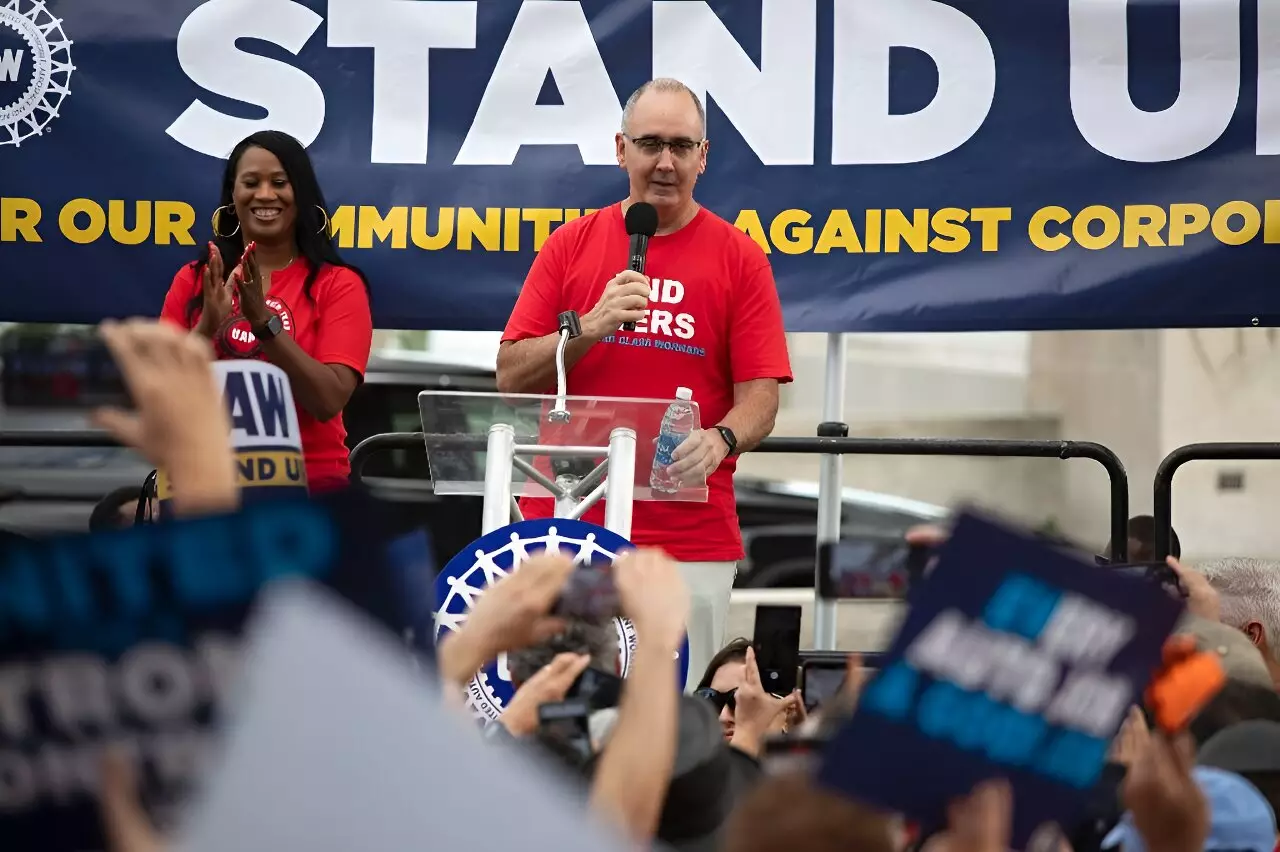The recent rejection of the union drive at Mercedes-Benz’s Alabama facilities marked a significant setback for the United Auto Workers’ efforts to organize the American South. With a margin of 56 to 44 percent, 2,642 workers voted against unionization, while 2,045 were in favor, according to the National Labor Relations Board.
Led by President Shawn Fain, the UAW had hoped for a second victory following a successful union drive at Volkswagen in Tennessee. However, the election at Mercedes-Benz US International (MBUSI) was met with stiff opposition from various stakeholders, including Mercedes itself, state officials, and local authorities.
Alabama’s Republican Governor Kay Ivey expressed her support for the workers’ decision, emphasizing that Alabama is not Michigan and does not welcome the UAW. She, along with other state and local officials, warned of potential job losses and painted the union campaign as a threat to the local economy.
Despite the disappointing election result, Fain expressed determination to continue the fight for workers’ rights. He criticized Mercedes for engaging in what he described as “egregious and illegal behavior” during the campaign. The UAW plans to launch additional campaigns in the South in the future.
In response to the election outcome, Mercedes thanked employees for voicing their opinions and emphasized its commitment to working with team members to create a positive work environment. The company aims to maintain a strong relationship with its employees and uphold its reputation as an employer of choice.
Union backers accused the company of subjecting employees to anti-union propaganda during mandatory meetings. Workers who supported unionization filed complaints with the National Labor Relations Board and German authorities, alleging violations of labor laws.
The rejection of the union drive at Mercedes highlighted the challenges faced by organized labor in the American South. Despite previous successes in Detroit automakers’ strikes, the UAW has struggled to gain traction in the region. Southern politicians have strongly opposed unionization, citing potential negative impacts on the economy.
The outcome of the union drive at Mercedes-Benz’s Alabama facilities underscores the complex dynamics of labor relations in the American South. The rejection of unionization reflects the deep-rooted skepticism towards organized labor in the region and the challenges faced by unions in their efforts to expand their influence.


Leave a Reply